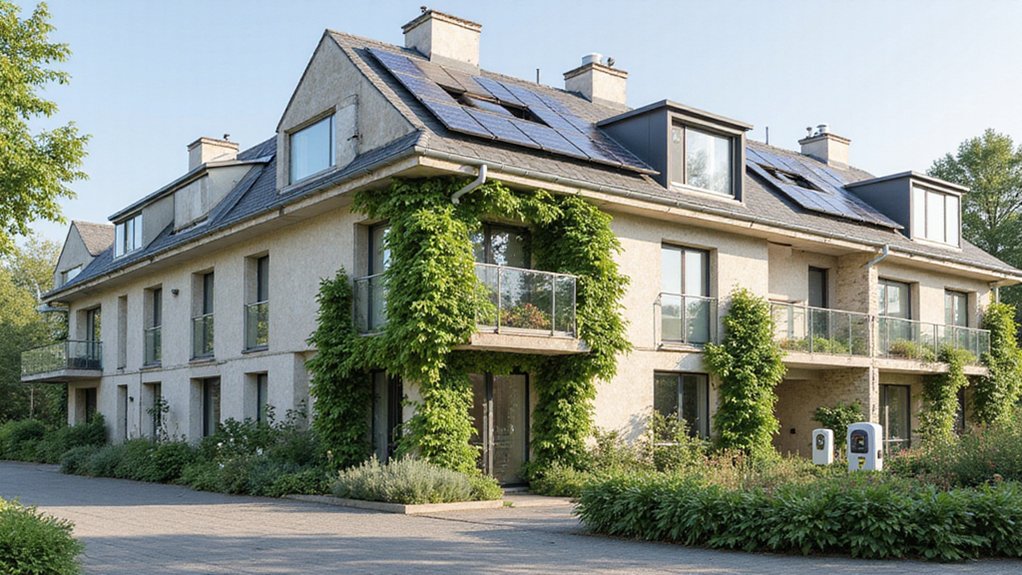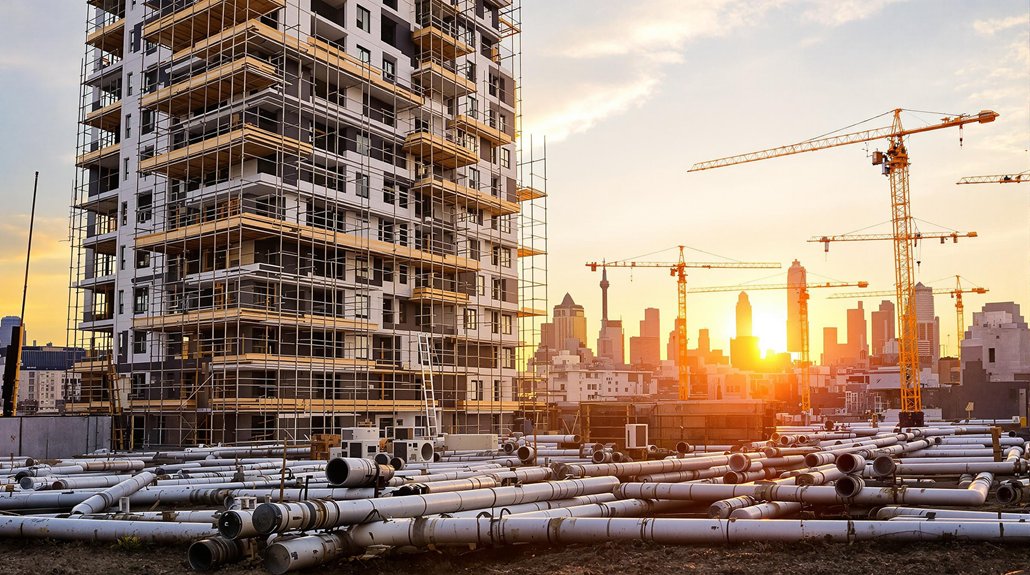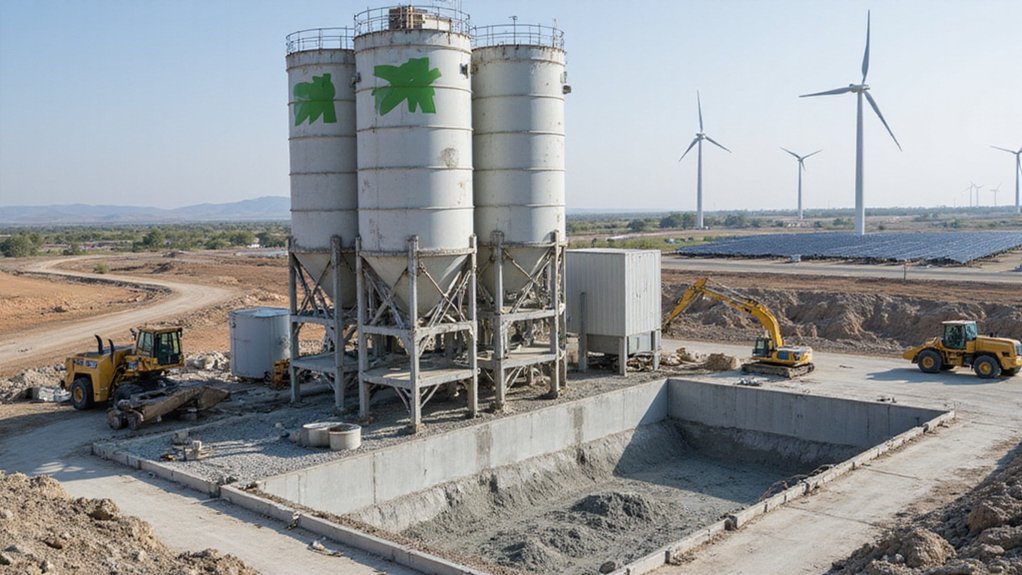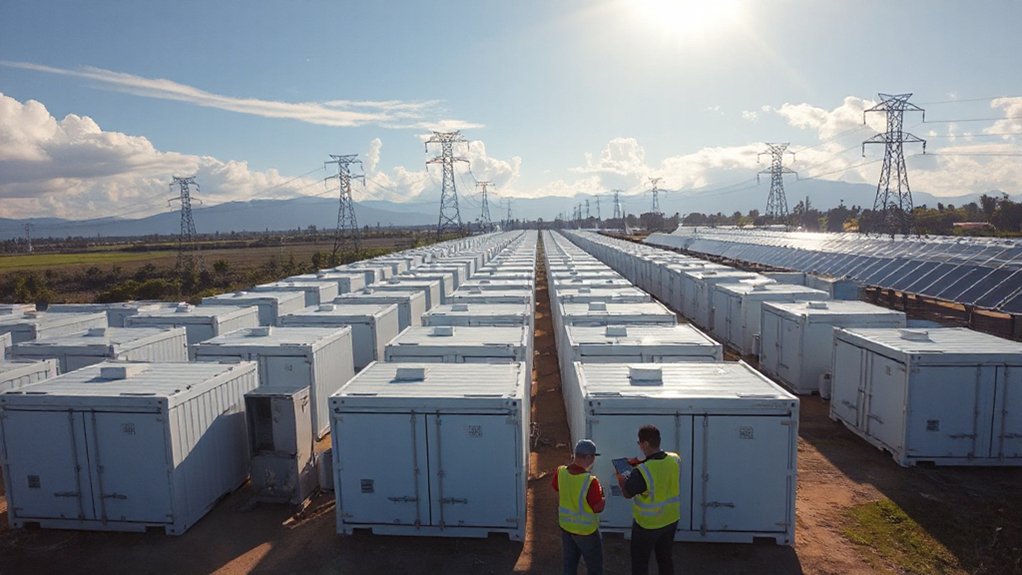While many countries struggle with housing shortages, France has created a unique system that requires every city to include 25% social housing in its building plans. This national mandate gives mayors significant control over local development and guarantees affordable housing remains available for lower-income residents. The country has built over 1 million units in 25 years, far exceeding California’s production despite having lower median household incomes.
France mandates 25% social housing in every city, giving mayors control over development while guaranteeing affordable homes for lower-income residents.
The country’s approach to social housing has evolved beyond simple construction. Architects Anne Lacaton and Jean-Philippe Vassal have pioneered “housing transformations” that save existing buildings instead of tearing them down. Their largest project in Bordeaux’s Grand Parc shows how old social housing can get new life without displacing communities. Rather than demolition, they’ve focused on renovating and improving what’s already there.
Paris has taken creative approaches to finding space for new homes. The city’s converted former police stations into affordable housing and repurposed unused railway land. SNCF Group, France’s national railway company, has promised to free up 536,000 square meters of land it doesn’t need anymore. This land will become 6,600 new housing units by 2027, with 38% designated as social housing.
The 2024 Olympics gave Paris extra leverage to demand more social housing. One project created a 36-acre eco-district with nearly 2,000 homes. A quarter of these units went to the lowest-income households. The development includes community gardens and a swimming center, showing how social housing can offer more than just basic shelter.
In Paris’s 18th district, 3.5 hectares of land became 370 new homes, including 222 social housing units. The project provides specialized housing for young workers and seniors.
Another development in the Pantin suburb will transform 240,000 square meters into an eco-district with 1,500 housing units near a train station.
France’s public-private partnerships help fund these projects while letting mayors shape them for community needs. The government recently increased social housing income limits by 3.5% for 2025, allowing more families to qualify. The system includes three categories of social housing with different income caps based on the type of construction loans used, ensuring housing serves households across various income levels.
Research shows France’s Social Housing Organizations are finding alternatives to demolition when buildings sit empty, particularly in shrinking urban areas. This sustainable approach maintains housing stock while adapting to changing population needs.
References
- https://localnewsmatters.org/2025/01/14/what-france-got-right-about-social-housing-and-the-lessons-for-california-urban-planners/
- https://www.service-public.fr/particuliers/actualites/A16296?lang=en
- https://www.groupe-sncf.com/en/group/about-us/companies/sncf-sa/sncf-immobilier/200000-new-housing-units
- https://www.tandfonline.com/doi/full/10.1080/02673037.2024.2427674?src=exp-la
- https://metropolismag.com/profiles/lacaton-vassal-pioneered-strategy-saving-france-social-housing/









